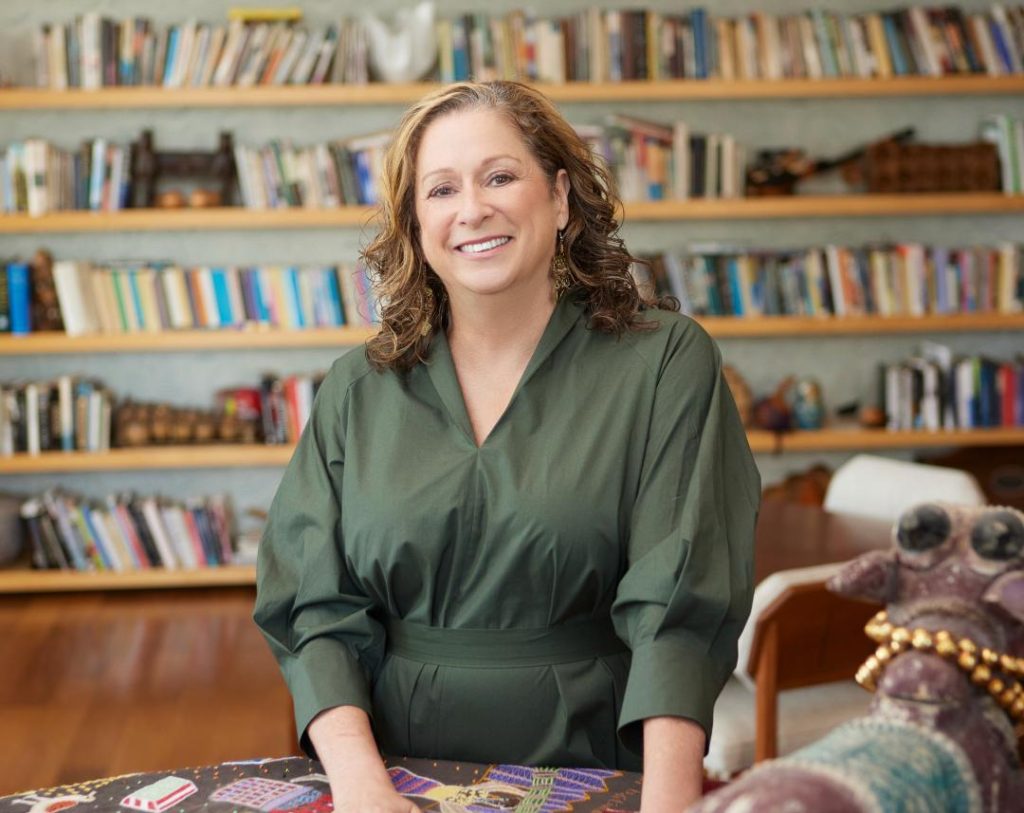
Every Billionaire Who Can’t Live on $999 mn is Kind of Sociopath: Disney Heiress
In an interview with The Guardian, Abigail Disney, one of the heiresses to the Disney fortune, made a stark and thought-provoking statement about the wealthy elite. According to her, “every billionaire who can’t live on $999 million is kind of a sociopath.” This statement has sparked a heated debate about the nature of wealth and the responsibility that comes with it.
Abigail, who is the granddaughter of Roy O. Disney, one of the co-founders of the Disney Brothers Cartoon Studio, has always been vocal about her concerns over income inequality and the disproportionate wealth held by a select few. She argues that the ultra-rich have a moral obligation to use their wealth to benefit society, rather than simply accumulating it for personal gain.
In her interview with The Guardian, Abigail explained her reasoning behind this statement. “It’s a strange way to live when you’ve objectively more money than a person can spend,” she said. “I think it’s a sign of a sociopathic tendency to not be able to connect with other human beings because you’re so isolated by your own wealth.”
Abigail’s statement is a scathing indictment of the wealthy elite, who often use their vast riches to maintain their privileged lifestyle, rather than using their resources to benefit the broader community. She is not alone in her criticism; many experts have argued that the concentration of wealth among a small group of individuals has contributed to income inequality and social unrest.
In an era of unprecedented wealth disparities, Abigail’s statement is a timely reminder of the need for greater social responsibility among the wealthy. While some billionaires may claim that they are philanthropists, donating to charitable causes and supporting worthy initiatives, Abigail believes that this is not enough. She argues that the wealthy must pay more taxes and use their resources to address the pressing issues facing society, such as poverty, inequality, and climate change.
Abigail has put her money where her mouth is, donating $70 million to various causes over the years. She has supported organizations that work to address poverty, hunger, and inequality, as well as initiatives that promote social justice and human rights.
Abigail’s statement has also sparked a debate about the so-called “billionaire problem.” Some argue that the concentration of wealth among a small group of individuals is a major contributor to societal problems, including income inequality and social unrest. Others argue that the wealthy have a right to their riches and that government intervention is unnecessary.
Regardless of one’s stance on this issue, Abigail’s statement serves as a powerful reminder of the importance of social responsibility among the wealthy. As she so aptly put it, “every billionaire who can’t live on $999 million is kind of a sociopath.” Her statement is a call to action, urging the wealthy to use their resources to benefit society, rather than simply accumulating wealth for personal gain.
In conclusion, Abigail Disney’s statement is a powerful indictment of the wealthy elite and a call to action for greater social responsibility. Her argument that every billionaire who can’t live on $999 million is kind of a sociopath is a stark reminder of the need for greater accountability and transparency among the wealthy.
As the world grapples with the challenges of income inequality and social unrest, Abigail’s statement serves as a powerful reminder of the importance of using one’s resources to benefit society. Whether or not one agrees with her assessment of the wealthy elite, her call to action is a timely and important one.






